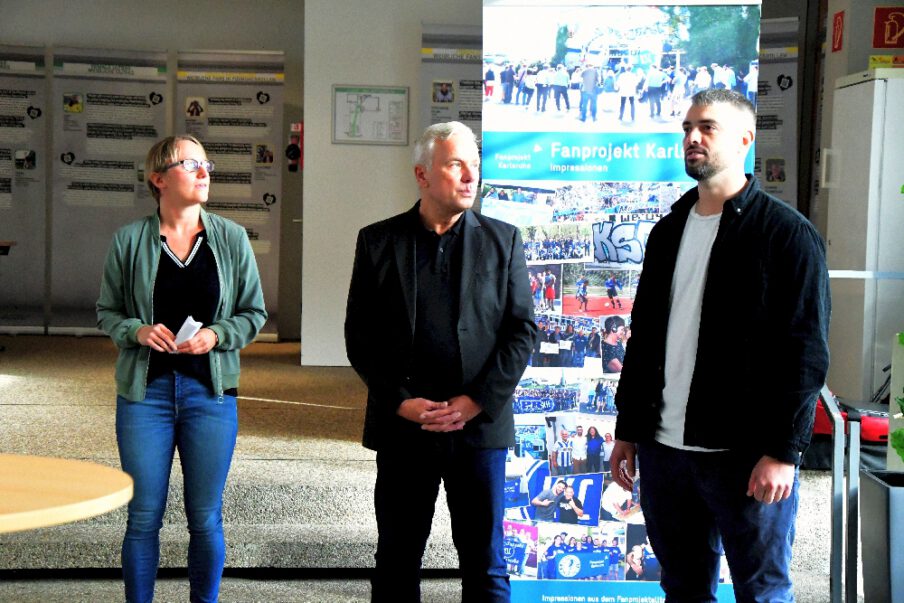Morocco continues its efforts to recover the rest of its colonial-era archives located abroad, which the government estimates at 20 million documents, after having managed to obtain 4 million in recent years.
As part of the “Recovery of National Archives” program, launched in 2008, Rabat has recovered over 3,952,000 documents, dating back to the French and Spanish colonial period, as announced by the Moroccan government in the memorandum of presentation of the financing bill for the year 2023.
The documents recovered mainly concern correspondence, reports, photographs and maps, belonging to some Moroccan cities that fell under French colonialism between 1912 and 1954, as confirmed by the director of the Moroccan Archives, Jamea Beida.
Beida, who is primarily a historian, reveals that his country has obtained, in recent years, digitized copies of some documents belonging to him, from France and Spain, as well as other countries such as the United States of America and Portugal.
In a statement to Al-Hurra, the Beida mosque points out that the documents recovered belong to the Morocco Archives Foundation and to the delegation of members of the Liberation Army, which deals with the history of resistance and the fight against colonialism, and mainly concerns correspondence. , reports, photos and maps of the cities of Rabat, Tangier, Casablanca and others.
“The archive search”
Morocco created the Archive Foundation in 2007 as a public institution charged with preserving the heritage of the National Archives, collecting, processing, preserving and facilitating access to Moroccan archival resources located abroad.
Since its inception, this institution has worked to recover thousands of assets belonging to Morocco from abroad. In this context, its director points out that this process “was not easy, but takes place after a very broad discussion and debate” , stressing that the institution does not only deal with countries and governments, sometimes even with NGOs that have private documents.
Jameh Beida explains that Morocco has full right to recover these documents, original or at least digitized, stressing that what was produced in Morocco, even during the colonial phase, should have remained in Morocco, and since it shares it with the colonialist countries, it is they who they should ask for copies, not the other way around today.
He claims that the foundation’s work to obtain these historical materials is to bring them closer to researchers, history specialists, journalists and all citizens who wish to see aspects of this period, which has spanned 42 years of their country’s history.
Khattabi Archive
Among the most important documents which the Moroccan authorities are asking for restitution, there is the archive of one of the most important Moroccan resistance fighters, Abdel Karim El Khattabi, which is in the possession of the French authorities.
A few months ago, several Moroccan institutions sent correspondence on the subject to the French diplomatic archive.
Regarding the developments in this file, Beidha believes that France “was uncompromising in handing over the al-Khattabi archive” despite Moroccan and French requests as well, as French historians support the kingdom’s recovery of these documents. , according to the spokesperson.
The director of the Moroccan Archive adds that the claim of these assets dates back to the centenary of the battle of Anwal in the countryside, in which Al-Khattabi led and defeated the Spanish army, making excuses in the case of the al-Khattabi archive, as they are private documents that he obtained after his capture.
The Moroccan official goes on to say that his French colleagues in the French diplomatic archive are responding to Moroccan requests that “the matter is out of their hands” and that the decision is in the hands of the Presidency of the Republic.
In his response to Al-Hurra’s question, the spokesman denied that the delicacy of these documents was at the basis of France’s refusal to hand them over, stressing that they are not secret documents, but rather the nature of their sensitivity, according to him. that the French side believes that their return may raise Moroccan requests to recover other documents.
The Moroccan historian says that resolving the dossier of archival heritage is essential to turn the page on colonialism and look to a better future, hoping that the political sages of both sides will find a compromise on this issue.
In the same context, Beida expresses his reservations about the data revealed by the government on the presence of 20 million documents abroad, saying: “I do not know the source of these numbers and I do not comment on them”, adding that they could be more or less, and the number will not be resolved unless Morocco reaches agreements with the governments of the countries concerned.
As for whether Morocco has priorities in the documents it wants to recover in the next period, the Moroccan official says: “There are none. All the archives on Morocco are important, and sometimes a small document that may not seem important to the general public. , but it can change the vision of the main historical events “.

